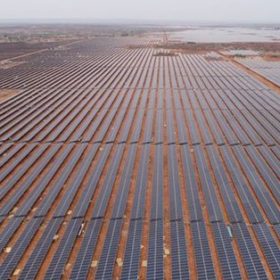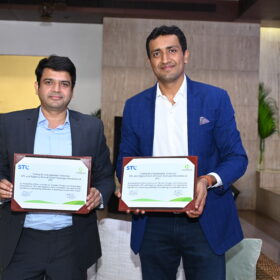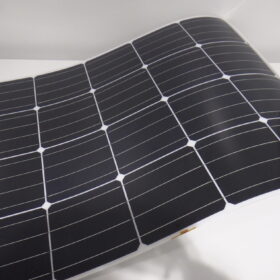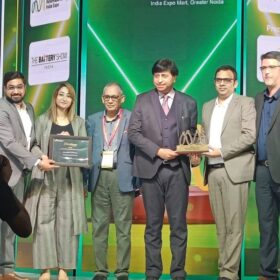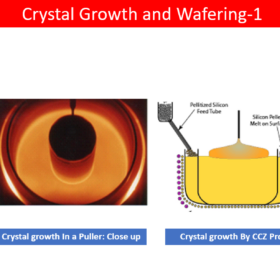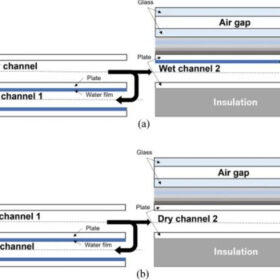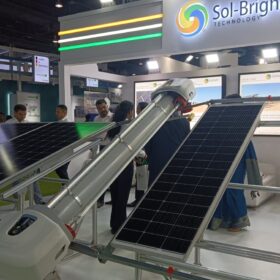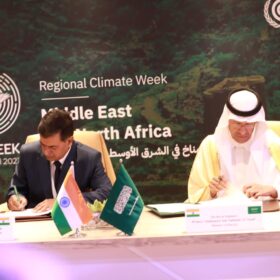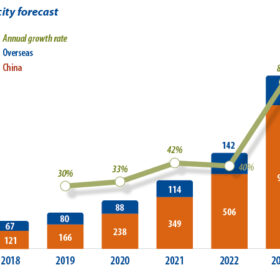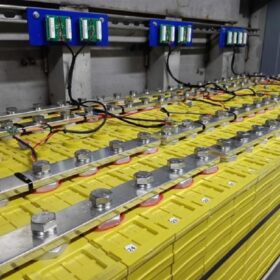Uttar Pradesh selects TNC’s solar siting tool
Uttar Pradesh New & Renewable Energy Development Agency (UPNEDA) and The Nature Conservancy (TNC) India will collaborate to identify land parcels for large-scale renewable energy projects in the state. They will also collaborate on policy and research related to the low-impact siting of utility-scale solar and wind projects.
Hygenco to develop Maharashtra’s first green hydrogen project
Hygenco Green Energies will construct and operate a 100% green hydrogen production plant in Maharashtra for supply to Sterlite Technologies Ltd’s glass preform plant located in Aurangabad.
Japanese scientists design flexible crystalline silicon solar modules with PET front cover
The new solar panels have flexible properties and are suitable for roofs with loading restrictions. According to their creators, the modules showed high reliability under both high temperature and high humidity conditions.
Airtouch Solar India wins REI 2023 award for product innovation
Airtouch Solar manufactures and sells its autonomous, water-free PV panel cleaning products and services in Israel and India. The company has won significant orders for its recently launched Airtouch AT 4.0 solution with leading Indian developers including Adani Green Energy and ReNew.
RSOLEC announces plans for 5 GW solar wafer fab with an expansion roadmap to 20 GW in India
Renaissance Solar and Electronic Materials (RSOLEC) has announced its plans for solar crystal growth and wafer production in India. The company will initially set up a 5 GW per annum facility and plans expansion to exceed 20 GW capacity in the long term.
Reducing solar module temperature via dew-point evaporative cooling
Japanese scientists have designed a cooling system that reduces the solar panel operating temperature at the air inlet of the module. It consists of a dew-point evaporative cooler that supplies the near-saturation air to wet air channels that are attached to the back of a PV panel.
China’s Sol-Bright introduces automated robotic cleaning system for utility-scale solar plants
China’s Sol-Bright Technology has introduced a sixth-generation automated robotic cleaning system for solar panels in utility-scale PV installations. The robot features gear transmission and has a cleaning efficiency of minimum 99.5%.
India, Saudi Arabia sign MoU in green hydrogen and supply chains
India and Saudi Arabia have agreed to cooperate to co-develop projects, co-produce green/clean hydrogen and renewable energy, and establish secure, reliable, and resilient supply chains of materials used in green/clean hydrogen and the renewable energy sector.
A survival guide for solar SMEs
As solar manufacturing moves toward technological convergence, and rampant production capacity expansion continues, standing out from the crowd is just one of the strategies small- and medium-sized enterprises (SMEs) will have to use to survive, according to InfoLink’s Amy Fang.
Lithium-ion batteries differ in terms of risk
As the energy storage trend unfolds, stories litter the media landscape about lithium-ion batteries catching fire, and even exploding. This is a valid concern, as the time for consumers to understand a basic truth about lithium-ion batteries is long past due.
